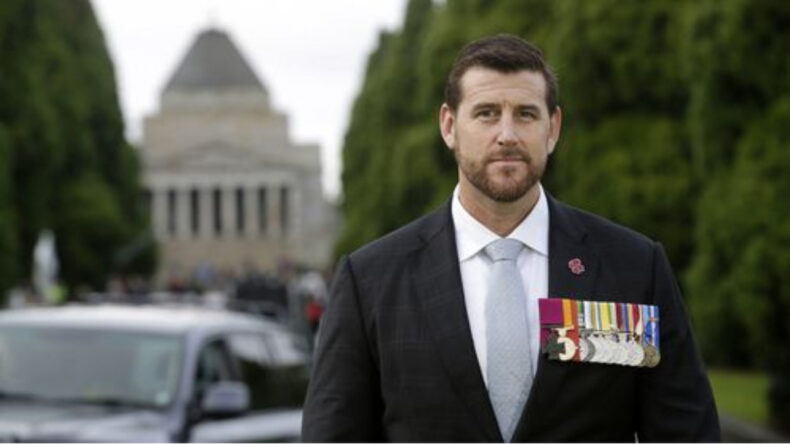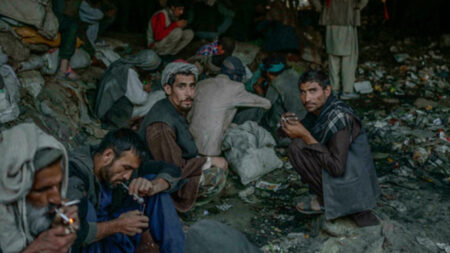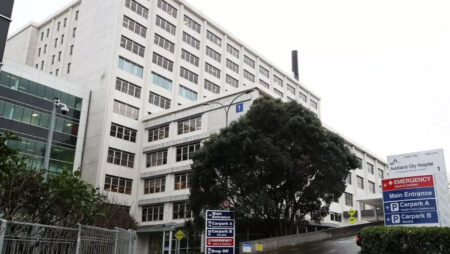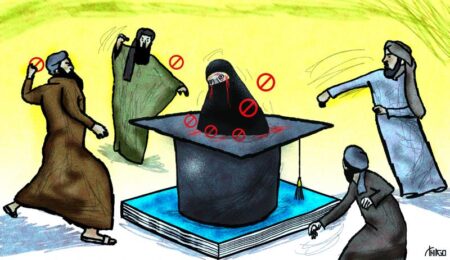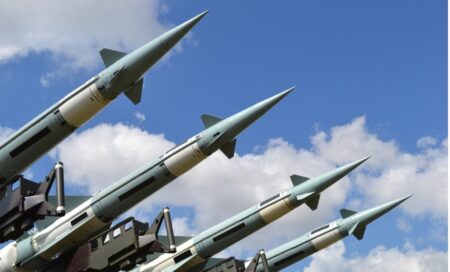Australia’s War Veteran soldier Ben Roberts-Smith has lost a high-profile defamation case against three newspapers that claimed that he committed war crimes in Afghanistan.
Victoria Cross Recipient and Australia’s most celebrated living War veteran Ben Roberts-Smith had suffered a major setback as he lost a five-year-long legal battle with former SAS Corporal and three media agencies, The Age, The Sydney Morning Herald, and The Canberra Times, over allegations of unlawfully killing Afghans and committing other War Crimes in Afghanistan.
The judge, Justice Anthony Besanko, ruled that articles published in 2018 over Smith’s involvement in war crimes during his service as a Special Air Service (SAS) soldier in Afghanistan were likely to be ‘substantially true’. The media reports also included allegations of domestic violence, which were found to be unproven and defamatory. However, the judge opined that these allegations would not have further damaged the veteran’s reputation. This ruling highlights the serious accusations against Roberts-Smith and the impact on his public image.
How it started: The story behind war crime allegations
Ben Roberts-Smith, during his time as a SAS soldier, was initially deployed to Afghanistan in 2006 and had a total of six deployments to the country, with his last one taking place in 2012.
In April 2009, an incident occurred at a compound known as Whiskey 108, where two Afghan men, one of whom had a prosthetic leg, were detained following an assault. According to The Sydney Morning Herald, Roberts-Smith allegedly killed the individual with the prosthetic leg using a machine gun and instructed a less experienced soldier to kill the other detainee as part of an initiation ritual referred to as “blooding.” Additionally, NPR reported that Roberts-Smith purportedly kept the prosthetic leg as a unique drinking vessel for beer.
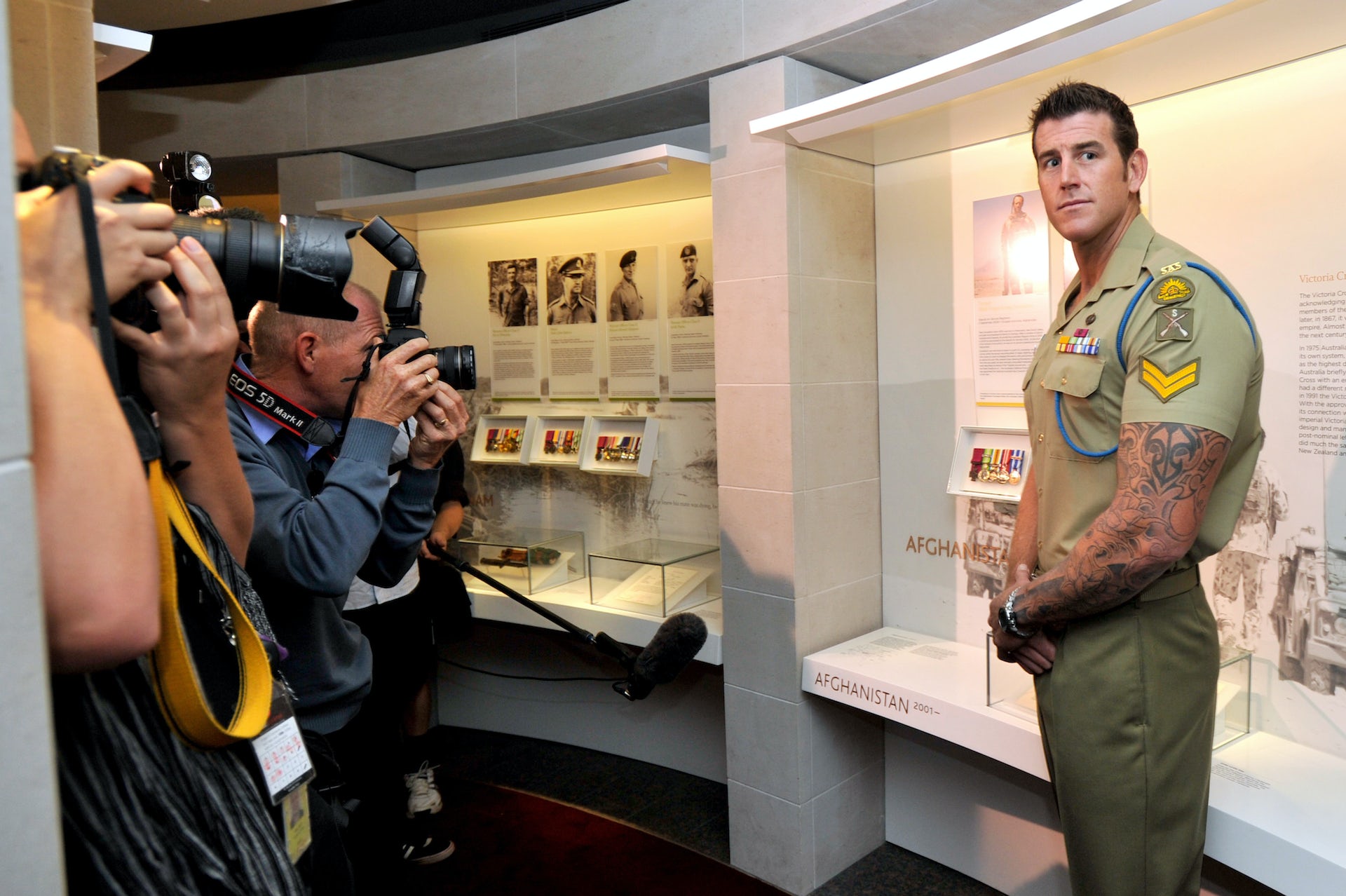
It has been alleged that in 2012, Smith kicked an unarmed and handcuffed Darwan villager named Ali Jan off a small cliff and deliberately instructed two other soldiers to drag the man under a tree, where he was tragically shot and killed.
In October 2012, it was reported by The Age, The Sydney Morning Herald, and The Canberra Times that Ben Roberts-Smith had coerced a recruit to kill an Afghan prisoner as part of an initiation ritual. However, the soldier who was purportedly responsible for pulling the trigger refused to testify, invoking self-incrimination. As a result, the newspapers dropped this specific allegation.
Additionally, it was claimed that Roberts-Smith himself shot a young Afghan prisoner and boasted to a fellow soldier about it, describing it as “the most beautiful thing” he had ever witnessed. However, the judge concluded that this particular allegation was not proven.
Massive setback to the national reputation
Ben Roberts-Smith held a highly esteemed public reputation before such allegations began surfacing, and was widely regarded as Australia’s most renowned and decorated soldier of his time.
In recognition of his service as a patrol scout and sniper in Afghanistan, Roberts-Smith was awarded the Medal for Gallantry in 2006 for his commendable operations.
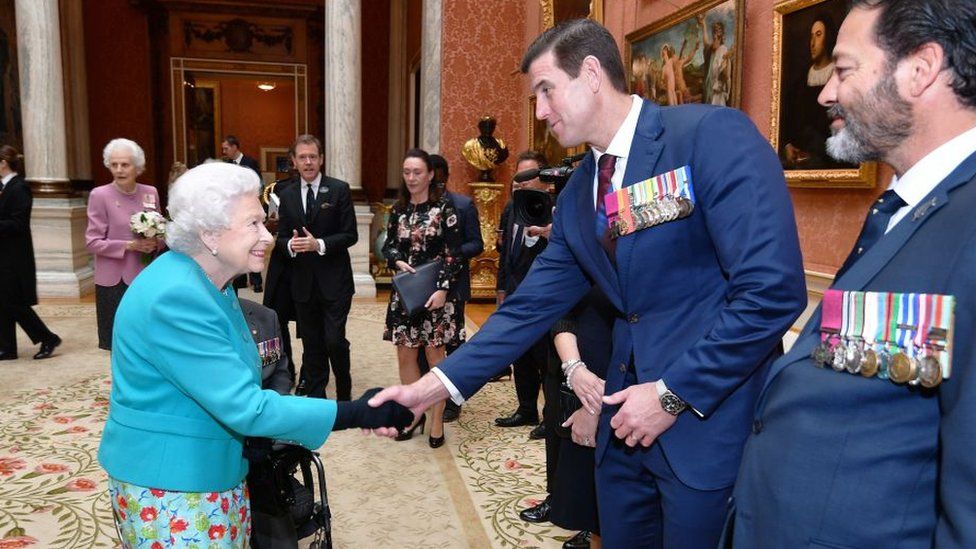
In 2011, he was honoured with the Victoria Cross, the highest military decoration bestowed upon Australian soldiers. This prestigious accolade was bestowed upon him for his extraordinary actions during a helicopter assault into Tizak, Kandahar province in 2010. Despite facing intense and unrelenting heavy machine gun fire, Roberts-Smith fearlessly eliminated three insurgents, displaying little concern for his safety.
Australia and War Crimes
The Roberts-Smith case emerges within a broader context of increasing discussions surrounding war crimes perpetrated by Australian troops in Afghanistan. This conversation has been gaining momentum as more information and revelations come to light.
The release of the Brereton Report in 2020, following a comprehensive four-year investigation led by Australian military chief Angus Campbell, revealed credible evidence of serious unlawful actions committed by members of the Australian Defence Force in Afghanistan.
These actions included allegations of violating international law by causing the deaths of 39 individuals during operations spanning from 2009 to 2013. It attributed the excesses to a culture that prioritized prestige, status, and power.
The judgment against Ben Roberts-Smith, Australia’s most decorated soldier, is seen by the Australia Defence Association Executive Director Neil James as a step towards acknowledging and addressing the issue of war crimes in Afghanistan. James believes that the judgment will contribute to a clearer public debate, countering the denial and claims that war crimes cannot be determined without convictions.’
The downfall of such a highly regarded figure in the military may serve as a catalyst for Australia to confront its past war crimes and work towards preventing similar atrocities in the future.







